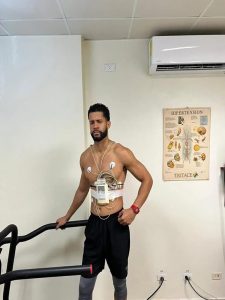The United States on Friday granted emergency use approval to Pfizer-BioNTech’s COVID-19 vaccine, AFP reported. This paves the way for its imminent rollout in the US, the worst-hit nation by the coronavirus.
“I am authorizing the emergency use of Pfizer-BioNTech COVID-19 Vaccine for the prevention of COVID-19,” Denise Hinton, the Food and Drug Administration’s (FDA) chief scientist wrote in a letter to a Pfizer executive, AFP reported.
Thus, the US has become the sixth nation, after Britain, Bahrain, Canada, Saudi Arabia and Mexico, to approve the two-dose regimen.
Meanwhile, US President Donald Trump swiftly announced that the first dose will be administered “in less than 24 hours.”
FDA’s approval came after it was widely reported in the US media that the White House had threatened to fire the FDA chief Stephen Hahn if he did not issue the EUA (emergency use authorisation) Friday.
Hahn disputed the reporting but nonetheless gave the order, which was previously expected either over the weekend or early next week.
The US will now undertake a complex logistical operation to ship millions of doses out to hospitals, clinics, pharmacies and long-term care facilities across the country.
The distribution is being overseen by a military general as part of Operation Warp Speed, but handled by private sector partners like FedEx who are using special boxes to manage the vaccine’s cold storage requirement of -70 degrees Celsisus (-94 degrees Fahrenheit).
The decision is a win not just for American pharmaceutical giant Pfizer and its smaller German partner BioNTech, but also for the mRNA (messenger ribonucleic acid) technology the vaccine is based on.
Traditional vaccines normally rely on using weakened or inactivated forms of disease-causing microbes.
The new technology delivers genetic instructions to human cells to make them express a surface protein of the SARS-CoV-2 virus.
This simulates an infection and prepares the immune system in case it encounters the real virus.
Developing these vaccines is faster than more traditional approaches. But their main drawback is that mRNA molecules, which are encased in fatty particles, have to be stored at ultra cold temperatures.






